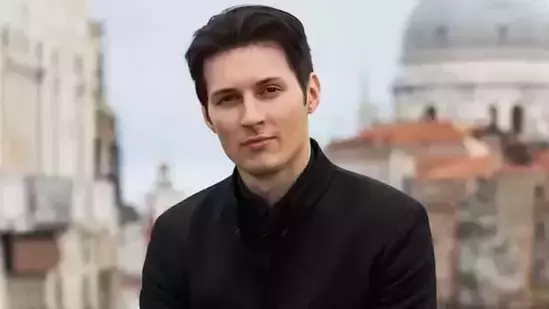
In a surprising revelation, Pavel Durov, the enigmatic founder of Telegram, has announced plans to distribute his $13.9 billion fortune equally among more than 100 biological children. Known for his privacy-focused messaging app, Durov’s latest announcement has little to do with technology but instead focuses on an unconventional approach to fatherhood. The tech billionaire, often compared to Mark Zuckerberg and Elon Musk, explained that he makes no distinction between naturally conceived children and those born through sperm donations. His decision to share his wealth equally among all offspring reflects his philosophy of abundance.
Details of Durov's Unique Parenting Journey
Over the past 15 years, in a journey that began with a simple favor to a friend, Pavel Durov has contributed to the creation of over 100 children across 12 countries through sperm donations. Despite maintaining a solitary lifestyle and never marrying, Durov claims a deep commitment to his role as a father, albeit in an unconventional manner. In a recent interview with the French publication Le Point, he revealed details about his will, stipulating that his children will only gain access to their inheritance 30 years after the document's creation. This decision underscores his belief in fostering independence and maturity before granting financial responsibility.
In the vibrant world of social media, reactions to Durov’s announcement have been nothing short of enthusiastic. Platforms like X and Reddit buzz with humor and admiration, with users drawing parallels to historical figures and modern-day legends. Many appreciate Durov’s mindset of abundance, while others jokingly suggest ways to join his extended family.
Durov’s story highlights how modern advancements in reproductive technology allow individuals to redefine traditional family structures. His actions challenge societal norms and invite discussions about legacy, wealth distribution, and the evolving concept of parenthood.
From the icy waters of Russia to the global stage, Durov’s journey exemplifies how personal choices can shape not only one’s immediate circle but also broader cultural narratives.
As we reflect on Durov’s decision, it becomes clear that legacies are not solely defined by material wealth but also by the values and philosophies passed down to future generations. His approach encourages us to rethink what it means to leave behind a meaningful impact. Whether through technological innovation or unique family dynamics, Durov continues to inspire conversations about progress and purpose in today’s rapidly changing world.
